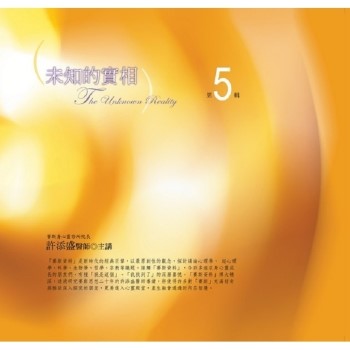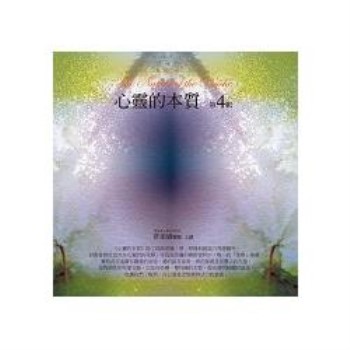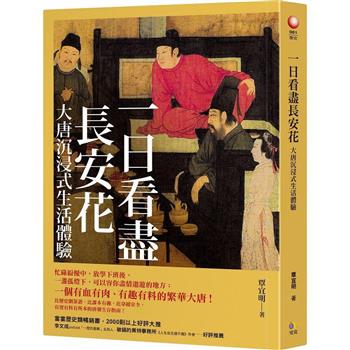From c.1750 to c.1810 the paths of music history and the history of painting converged with lasting consequences. The publication of Newton’s Opticks at the start of the eighteenth century gave a ’scientific’ basis to the analogy between sight and sound, allowing music and the visual arts to be defined more closely in relation to one another. This was also a period which witnessed the emergence of a larger and increasingly receptive audience for both music and the visual arts - an audience which potentially included all social strata. The development of this growing public and the commercial potential that it signified meant that for the first time it became possible for a contemporary artist to enjoy an international reputation. Nowhere is this better illustrated than in the career of Joseph Haydn. Although this phenomenon defies conventional modes of study, the book shows how musical pictorialism became a major creative force in popular culture. Haydn, the most popular living cultural personality of the period, proved to be the key figure in advancing the new relationship. The connections between the composer and his audiences and leading contemporary artists (including Tiepolo, Mengs, Kauffman, Goya, David, Messerschmidt, Loutherbourg, Canova, Copley, Fuseli, Reynolds, Gillray and West) are examined here for the first time.
| FindBook |
有 1 項符合
Painting the Cannon’s Roar: Music, the Visual Arts and the Rise of an Attentive Public in the Age of Haydn的圖書 |
 |
Painting the Cannon’s Roar: Music, the Visual Arts and the Rise of an Attentive Public in the Age of Haydn 作者:Tolley 出版社:Routledge 出版日期:2016-11-28 語言:英文 規格:平裝 / 536頁 / 23.39 x 15.6 x 2.74 cm / 普通級/ 初版 |
| 圖書館借閱 |
| 國家圖書館 | 全國圖書書目資訊網 | 國立公共資訊圖書館 | 電子書服務平台 | MetaCat 跨館整合查詢 |
| 臺北市立圖書館 | 新北市立圖書館 | 基隆市公共圖書館 | 桃園市立圖書館 | 新竹縣公共圖書館 |
| 苗栗縣立圖書館 | 臺中市立圖書館 | 彰化縣公共圖書館 | 南投縣文化局 | 雲林縣公共圖書館 |
| 嘉義縣圖書館 | 臺南市立圖書館 | 高雄市立圖書館 | 屏東縣公共圖書館 | 宜蘭縣公共圖書館 |
| 花蓮縣文化局 | 臺東縣文化處 |
|
|
圖書介紹 - 資料來源:博客來 評分:
圖書名稱:Painting the Cannon’s Roar: Music, the Visual Arts and the Rise of an Attentive Public in the Age of Haydn
|











